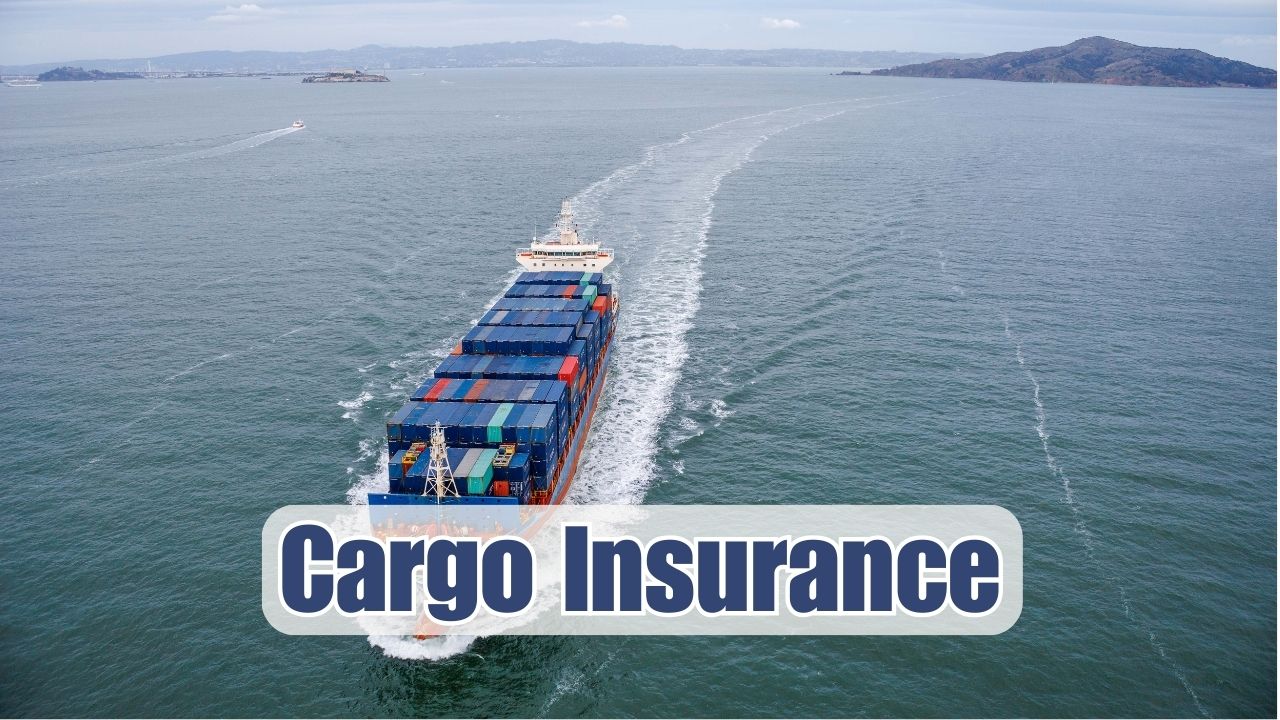Cargo insurance plays a pivotal role in the world of logistics, ensuring protection for goods during transit. Whether it’s a small package or a large shipment, the uncertainties of transportation pose risks that can lead to financial losses. Understanding cargo insurance is crucial for businesses and individuals engaged in importing, exporting, or shipping goods domestically or internationally.
What is Cargo Insurance?
Cargo insurance is a type of insurance that provides coverage for loss or damage to goods while they are in transit from one location to another. It protects against various risks, including theft, damage caused by accidents, natural disasters, or mishandling during transportation via sea, air, road, or rail.
Key Components of Cargo Insurance:
- Coverage Types: Cargo insurance typically includes various coverage options such as:
- All-risk Coverage: Offers comprehensive protection against most perils except for specified exclusions.
- Named Perils Coverage: Protects against specifically listed risks, providing more limited coverage.
- Total Loss Coverage: Reimburses the full value of the cargo if it is entirely lost during transit.
- Valuation: Valuing the cargo correctly is crucial. Insurance can cover the actual value, invoice value, or a declared value of the goods.
- Terms and Conditions: Policies have specific terms and conditions regarding coverage limits, deductibles, and exclusions. Understanding these is essential to avoid misunderstandings during a claim.
- Premium Costs: Insurance premiums depend on various factors, including the nature of the goods, mode of transportation, distance, and risk assessment.
FAQs about Cargo Insurance:
Q1: Is cargo insurance mandatory for shipments?
A: In many cases, cargo insurance isn’t legally required, but it’s highly recommended. Some trade contracts or transport agreements may necessitate insurance, and certain countries may have specific regulations mandating it.
Q2: Who usually purchases cargo insurance?
A: Typically, the party responsible for the goods, whether the buyer or seller, arranges and pays for cargo insurance. It can be the importer, exporter, or the freight forwarder.
Q3: What does cargo insurance cover?
A: Cargo insurance covers various risks, including theft, damage from accidents, natural disasters, fire, sinking, and mishandling during transportation.
Q4: Are there any exclusions in cargo insurance?
A: Yes, typical exclusions might include inadequate packing, inherent vice (inherent characteristics of the cargo causing damage), and certain high-risk goods such as perishables or hazardous materials.
Conclusion:
Cargo insurance acts as a safety net in the unpredictable realm of transportation. Understanding its nuances and the extent of coverage it provides is crucial for businesses and individuals involved in shipping goods. By securing cargo insurance tailored to specific needs, one can mitigate financial risks and ensure peace of mind when transporting valuable commodities across borders or domestically.
